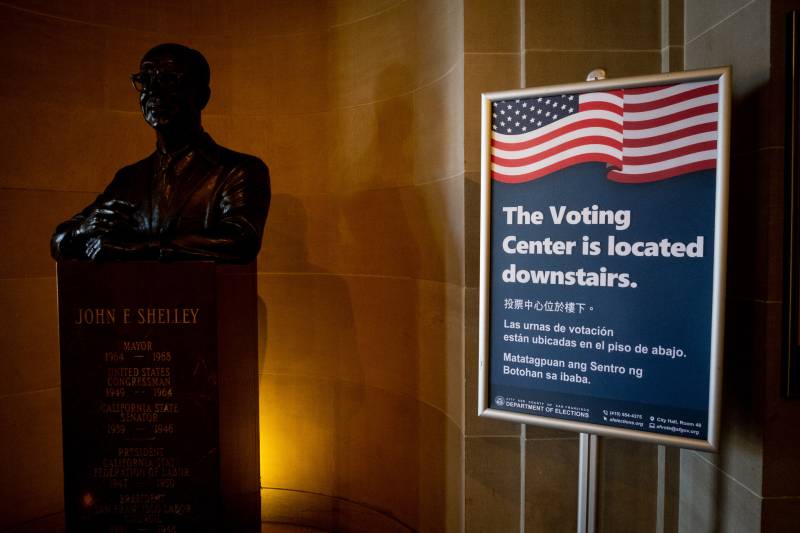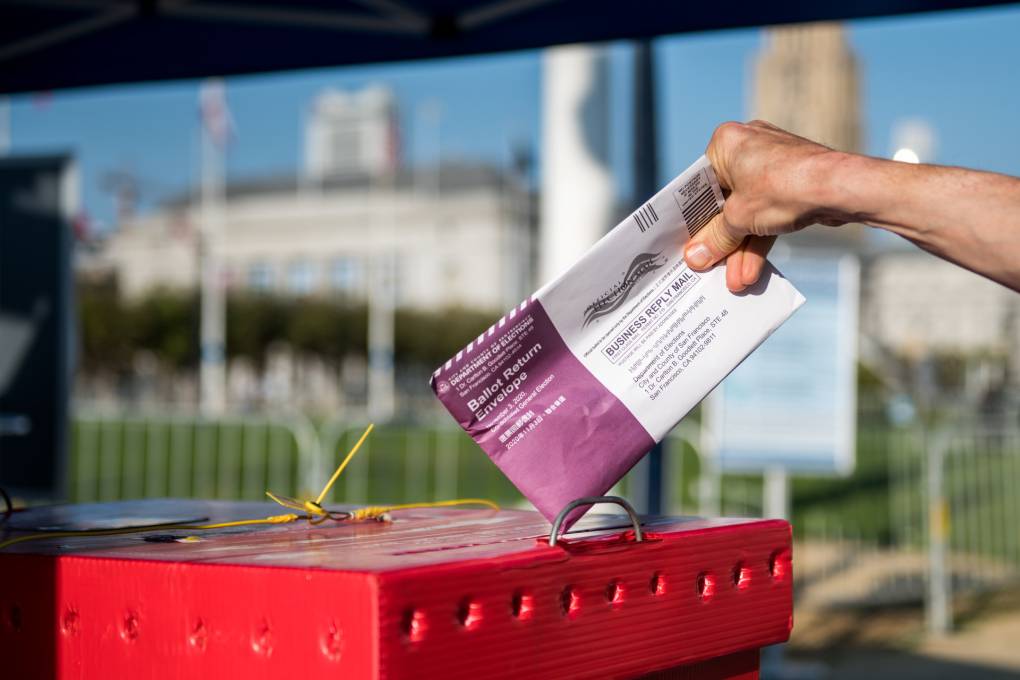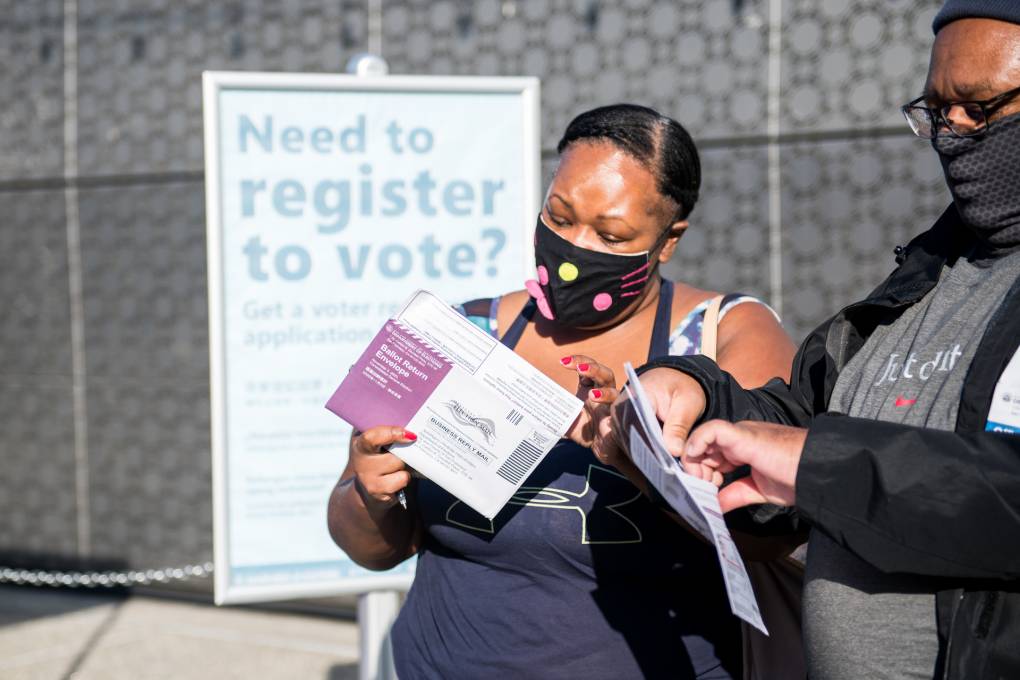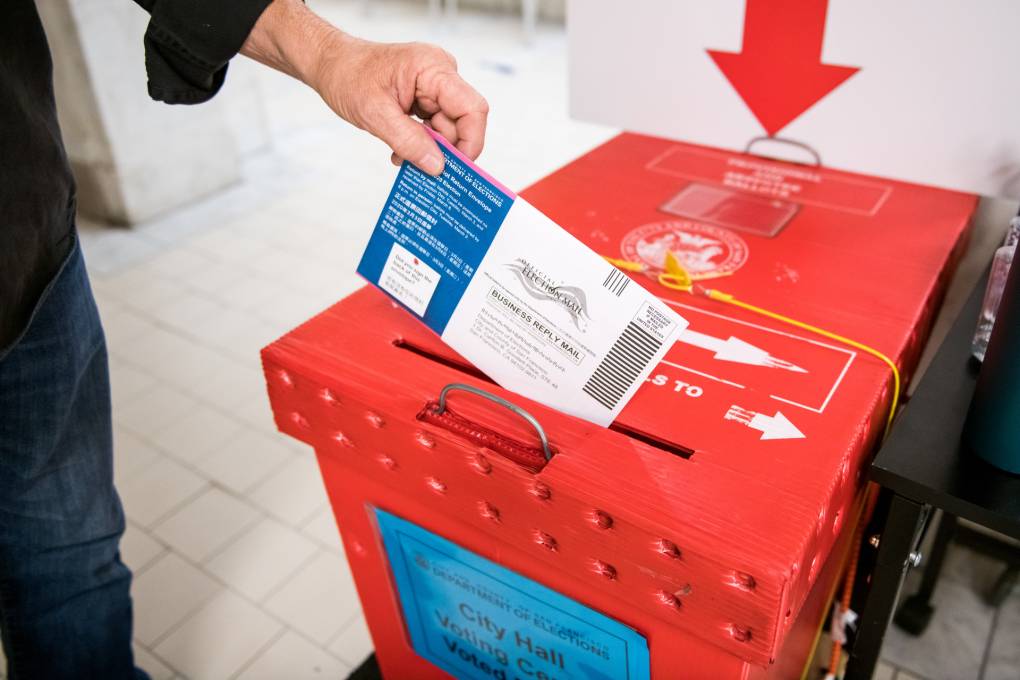Concerns about the rise in political violence are reverberating from the White House to state Capitols to local elections offices.
In a pre-midterm elections speech Wednesday, President Joe Biden warned about threats to democracy and referred to the recent attack against Paul Pelosi in his San Francisco home, as part of an alleged attempt to kidnap House Speaker Nancy Pelosi.
California Attorney General Rob Bonta also expressed caution during a Wednesday news conference in San Francisco, urging elected officials to review their safety protocols.
"So many of us are shaken by the shocking incident involving Mr. Pelosi and are reevaluating security for elected officials, given the increased threats that we're seeing," said Bonta. "The threats are going up. Violence is going up."
So just how pervasive a problem is this?
KQED’s Brian Watt spoke with Kim Alexander, president of the nonprofit, nonpartisan California Voter Foundation, which has been closely researching and tracking harassment against elections officials. Keep reading for highlights of their conversation, which has been edited for brevity and clarity.
BRIAN WATT: Your research has found some folks in elected office in California — primarily women and people of color — have actually been deterred from staying in office in large part because of this climate of political violence. Tell us more about that.
KIM ALEXANDER: We've been tracking local registrars of voters in California and their decisions whether to stay or leave over the past two years. We have seen about 20% of the registrars in the state either retired following the 2020 election or they chose not to seek reelection in 2022.



